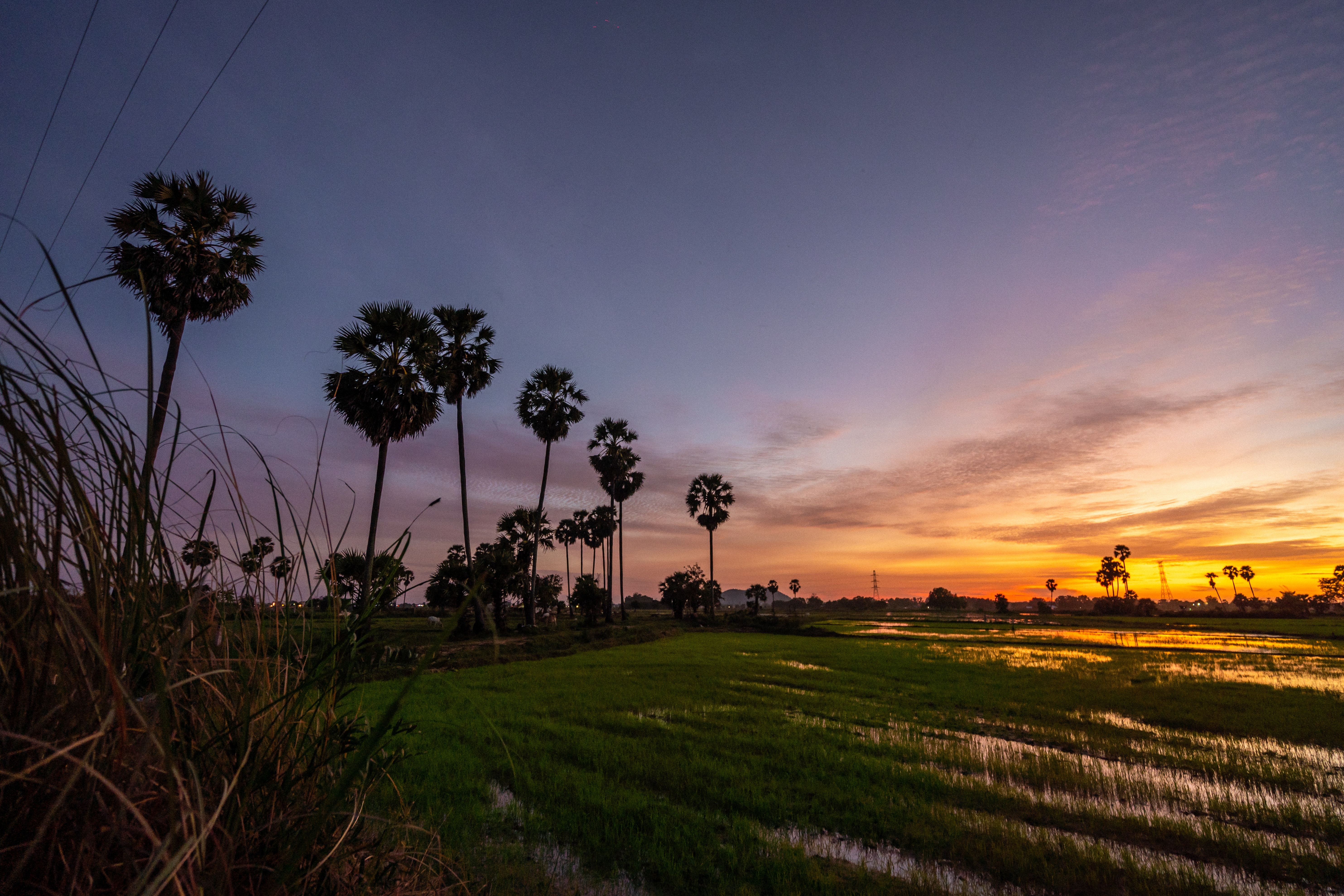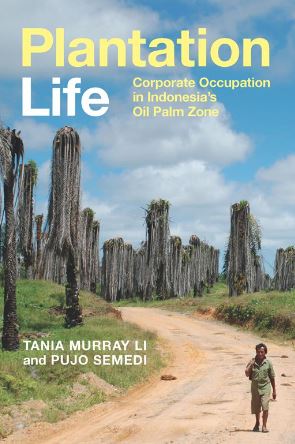In recent years, the fisheries sector has gained significant global attention in response to challenges such as declining fish populations and overfishing. This has fueled consumer demand for sustainable and traceable seafood, particularly in the Northern European and North American markets. Amid this global shift, Indonesia, as one of the most important fish and seafood producers in the world, has had to balance domestic needs with international sustainability standards. At the same time, the sustainable fisheries sector has also witnessed a demand for more social responsibility, including stricter regulation and compliance with human rights, writes Eko Octavianus
_______________________________________________
Introducing Human Rights and Social Responsibility Policy into the Fisheries Industry
Guiding the integration of social responsibility into the framework of sustainable fisheries management is Fishery Progress, a leading platform that tracks global fishery improvement projects (FIPs), hosting 96% of FIPs worldwide. In May 2021, they introduced the Human Rights and Social Responsibility Policy, updated in December 2022, aiming to identify and mitigate human and labour rights abuses within fisheries supply chains, particularly at the harvesting stage. The policy centres on three principles: protecting human rights; promoting equality; and enhancing food security. Similar to sustainability standards, FIPs’ performance scores are crucial as market prerequisites, influencing market decisions and impacting the supply chain. Fishery Progress expects all FIPs to meet its requirements and deadlines, failure to do so results in potential inactivity of their fisheries performance and profile on the platform, thereby jeopardizing their market access. This could have long-term implications for industry revenue.
A Working Paper published by the International Labour Organization in 2019 delves into the challenges of implementing Human Rights and Social Responsibility (HRSR) certification systems for Indonesian fisheries. The Working Paper details common concerns arising from recent regulatory changes among employers and the private sector, reflecting confusion, misunderstanding, and fear of regulations impeding the continuation of “traditional” practices.
Many objections voiced by the private sector and key employer informants stem from a lack of understanding of the regulations’ purpose and contents, which ultimately aim to protect fisheries entrepreneurs. The ILO Working Paper shows that stakeholders, particularly those concerned about the implementation of fishers’ work agreements and salary requirements, remain apprehensive, even though catch-share systems remain unaffected by the regulations. Furthermore, some objections relate to the increased responsibility of fisheries entrepreneurs in implementing the human rights system, highlighting the sector’s reluctance to engage in more private compliance initiatives.
The Challenges of Implementing Human Rights and Social Responsibility Policy in Small-scale Fisheries Communities in Indonesia
The first hurdle of implementing the Human Rights and Social Responsibility Policy is that it is primarily designed for medium and large-scale fisheries with fishing boat crew members integrated into the supply chain. In contrast, Indonesia boasts over 2.2 million small-scale fishermen scattered across 11,000 fishing villages along its extensive coastline. These fishermen typically operate individually and lack hierarchical ties to vessel owners. Operating independently, they willingly shoulder the full responsibility for the risks associated with their fishing activities. This situation results in a lack of agreements or policy frameworks related to human rights, making the implementation of human rights policies impractical and contextually incompatible within these small-scale fishing communities.
The second challenge arises from distinct cultural factors. For instance, the formal grievance mechanisms outlined in the human rights policy, which provide a structured avenue for lodging complaints and seeking redress against adverse business activities and operations, face formidable cultural barriers in a majority of Indonesia. Many fishing communities are hesitant to report human rights-related cases due to the strong bonds of familial and community ties, making the implementation of such mechanisms challenging. Informal dispute resolution, often conducted within family circles, is the norm, and attempting to force formal procedures may escalate into social conflicts.
The third challenge pertains to fishermen’s awareness of their rights and their willingness to advocate for them as many fishermen perceive work-related accidents and poor working conditions at sea as inherent hazards of their occupation. Some even prefer to endure these conditions and the associated risks rather than actively assert their rights.
Therefore, whilst the overall fisheries sector has embraced interventions with significant financial implications, such as eco-certifications and social audits, as prerequisites for market entry, these interventions pose substantial barriers for small-scale fisheries aiming to access high-value markets. They are better suited for large-scale fishing operations with greater access to private financing and substantial financial resources. This economic inequality within the seafood sector underscores the need to rectify systemic economic disparities and ensure that small-scale fisheries receive their fair share of socioeconomic benefits, fostering a just industry that safeguards society’s most vulnerable members.
Facilitating the Integration of Local Practices into the Policy and Standard
What is clear is that to integrate social responsibility into the framework of sustainable fisheries management, it’s imperative to look at the Human Rights and Social Responsibility (HRSR) issue within the local Indonesian context and construct a policy implementation framework tailored to Indonesia’s unique circumstances. Collaborative efforts among all fisheries stakeholders, including government bodies, NGOs, and fishermen themselves, are essential. This collaborative approach aims to ensure that the policy transcends mere documentation and aligns with its intended objectives. Ultimately, the objective is to synchronize economic prosperity with socio-economic justice, ensuring equitable benefits among all fishermen, regardless of the size of their operation.
Moreover, high-level discussions are indispensable for the comprehensive adoption of this policy. Initiatives such as providing input through decision-making forums at both the governmental and practitioner levels, such as the Fishery Improvement Project Communities of Practice (FIP CoP), are critical. Furthermore, the active involvement of social experts and practitioners is crucial for assessing the situation effectively, particularly in Indonesia. This strategic approach prioritises local practices and wisdom as the central elements in policy implementation, fostering a more inclusive and effective adoption process.
In the end, the collective commitment to bridging the gap between global standards and local realities holds a promise of a more equitable and just future for fishing communities. In this vision, small-scale fishers are not just beneficiaries but active participants, shaping a thriving, balanced industry that preserves our oceans, supports livelihoods, and honours the dignity of everyone involved.
______________________________________________
*This article first appeared on the Atlantic Fellows for Social and Economic Equity blog.
*Banner photo by Sahabat Laut Lestari
*The views expressed in the blog are those of the authors alone. They do not reflect the position of the Saw Swee Hock Southeast Asia Centre, nor that of the London School of Economics and Political Science.




